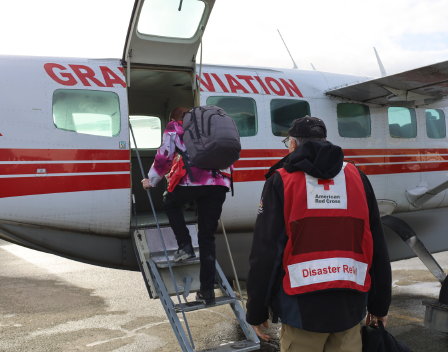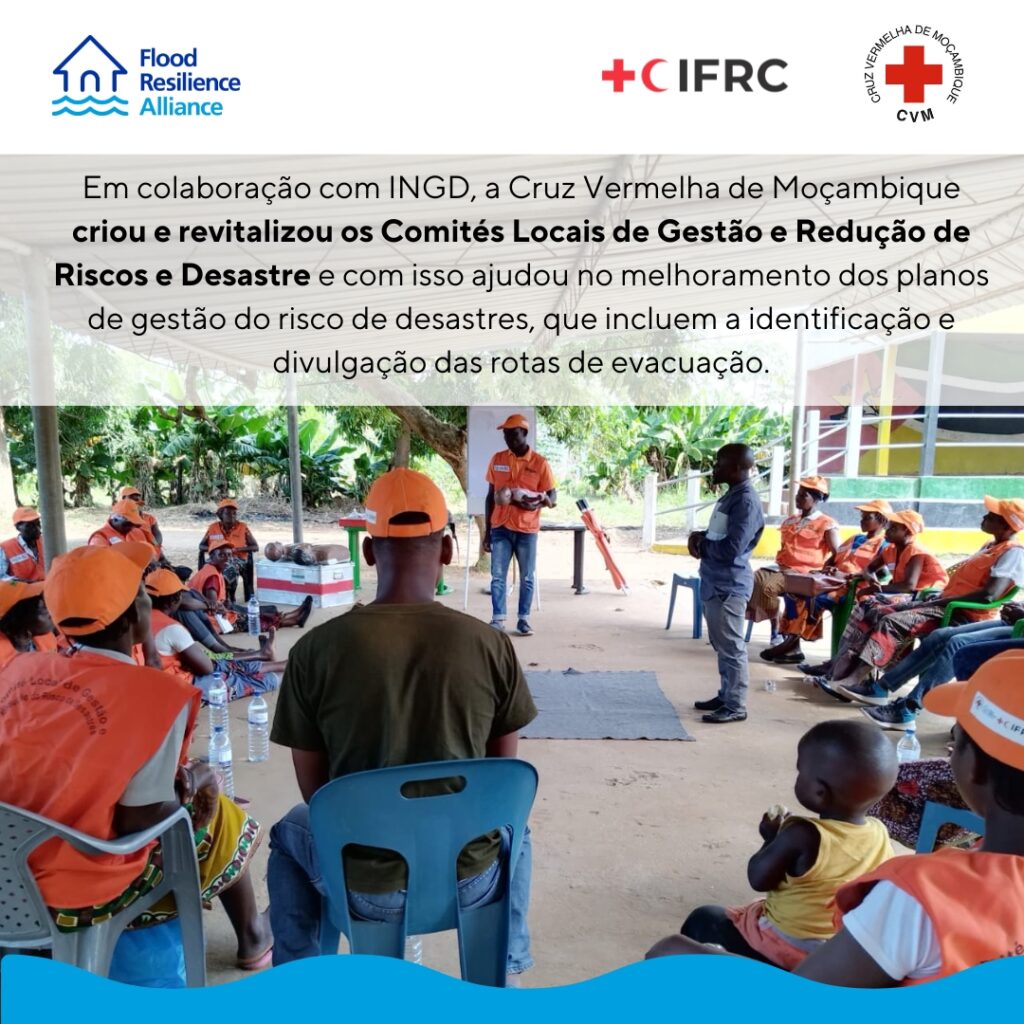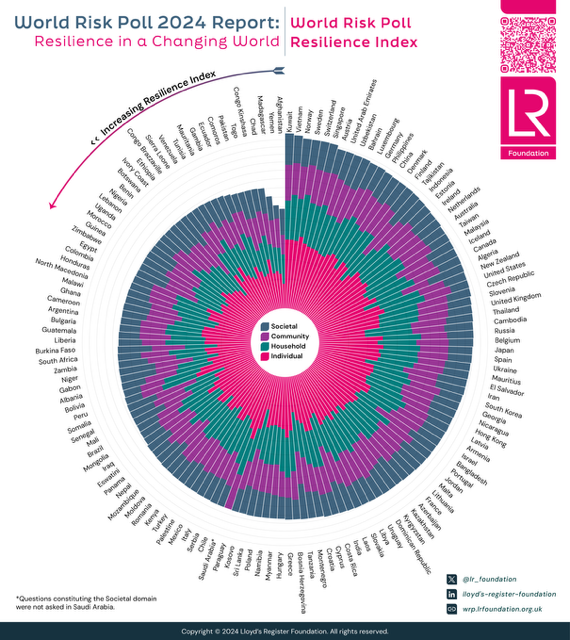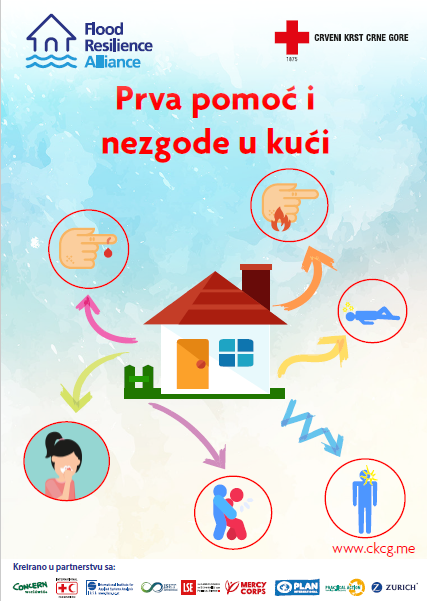2025 Common Alerting Protocol (CAP) Implementation Workshop
The 2025 CAP Implementation Workshop and Training Report summarizes key discussions, presentations, and technical learning from the Common Alerting Protocol (CAP) Implementation Workshop, held 21–23 October 2025 in Rome, Italy, hosted by the National Fire Corps of Italy and Alert-Hub.Org CIC, with co-sponsorship from IAEM and OASIS Open. The event brought together a global community […]
2025 Common Alerting Protocol (CAP) Implementation Workshop Read More »






